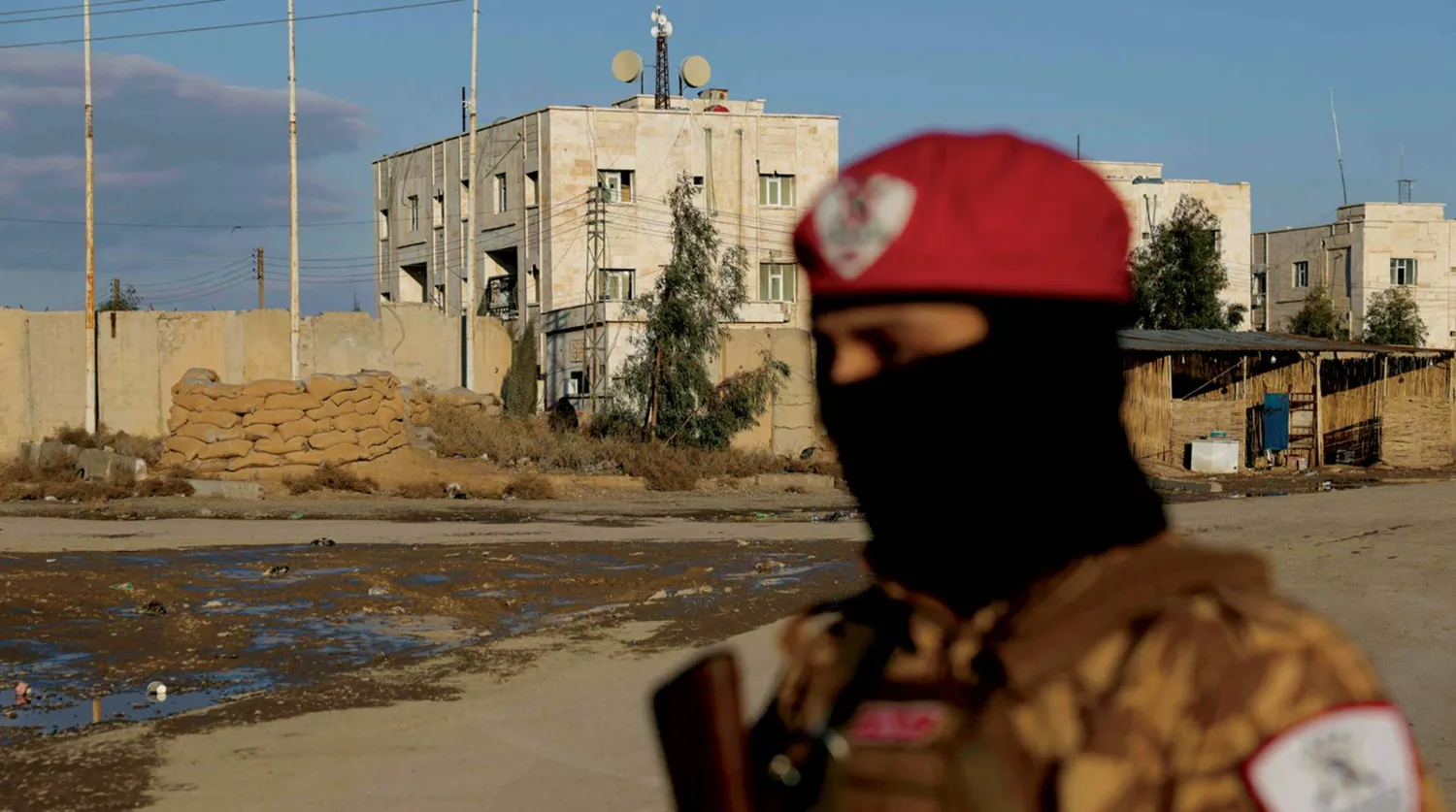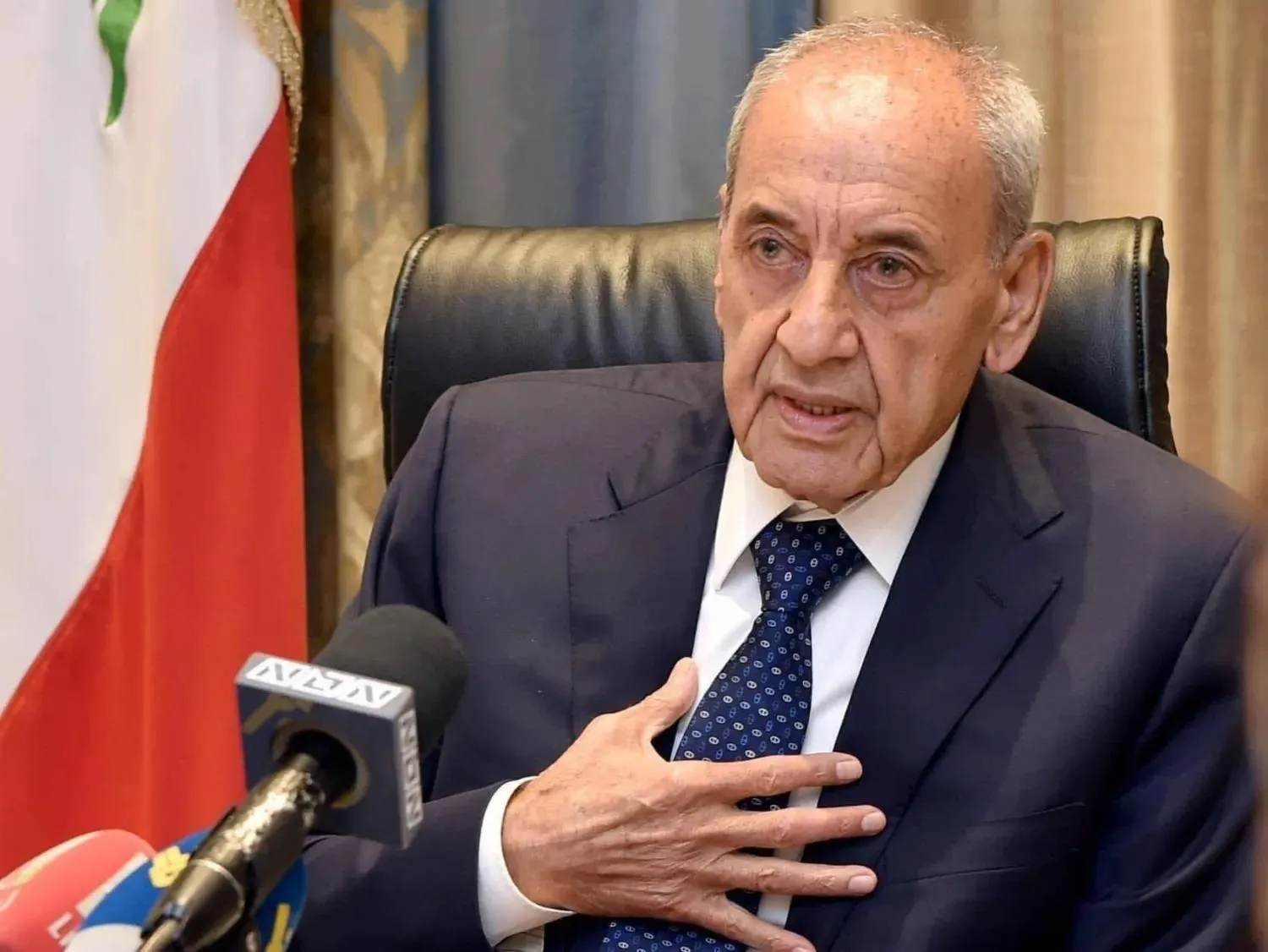Key Iraqi militias announced plans to join Lebanon’s Hezbollah in fighting Israel, putting Prime Minister Mohammed Shia al-Sudani’s government in a tough spot as it must consider how Israel might respond if these groups carry out attacks from Iraqi territory.
Five months ago, the government secured a truce between militias and US forces. However, the developments in Gaza and escalating conflict in southern Lebanon have changed the situation.
On Sunday, the Iraqi militia Kataib Sayyid al-Shuhada announced it would join any war between Iran-backed Hezbollah and Israel.
Kazem Al-Fartousi, spokesman for Kataib Sayyid al-Shuhada, announced that Iraq is part of the ongoing conflicts in Gaza and Lebanon.
“The wars in Gaza and Lebanon are part of a single axis, and Iraq is part of this axis,” he declared.
“We, as Iraqi factions, are already part of this war. We don't need to join it; we are inherently involved,” he added.
Al-Fartousi also stated that Iraqi factions are targeting Israel almost daily.
On Saturday, Yemen’s Iran-backed Houthi militias announced a joint military operation with the Iraqi “Islamic Resistance” targeting four ships in Israel’s Haifa port.
Al-Fartousi warned that if Israel’s government takes any aggressive actions against Hezbollah, it would result in a significant defeat for Israel.
“If the Zionist entity’s government acts recklessly with Hezbollah in Lebanon, there will be a large graveyard for this entity, and everyone will help bury it,” he vowed.
On Friday, Kataib Sayyid al-Shuhada announced the death of one of its members in a strike on the Iraq-Syria border. While the group accused American forces of targeting the vehicle, the US-led coalition denied carrying out any strike.
Al-Fartousi’s inflammatory remarks on behalf of so-called “Islamic Resistance factions” raise questions about their representation of the broader spectrum of Iraqi armed groups.
The US State Department designated Kataib Sayyid al-Shuhada and its leader as Specially Designated Global Terrorists late last year.
A politician close to Iraq’s pro-Iran Coordination Framework revealed that the truce between Iraqi militias and US forces, brokered by al-Sudani, enjoyed the backing of the Framework.
The politician, who requested anonymity, told Asharq Al-Awsat that recent attacks on American-branded restaurants and threats from militias do not represent all factions and may not lead to action.
“These incidents don't speak for all groups involved,” he clarified.
“The government is committed to safeguard foreign interests in Iraq, including embassies, companies, and other commercial or political entities,” he emphasized.
The government also won’t allow Iraq “to become a battleground for settling scores at the expense of its sovereignty and bilateral relations, including with the US,” he added.
This underscores Iraq’s commitment to maintaining stability and protecting international relationships amidst regional tensions, he stressed.









